Written by:
Tullia Jack, Docent, Department of Service Studies
In 2015 I travelled to Trondheim for the first time. As a PhD student on a tight budget, my journey was defined by the cheapest bus and train tickets, uncomfortable seats, and navigating the city’s steep hills on foot rather than opting for taxis. Fast forward a decade later, and I found myself travelling back to Trondheim by train, this time not alone but with my family in tow – my husband, his mum, a baby, and three-year-old twins. While I was attending a workshop, my family explored the city and visited a water park. We all met back at the hostel in the evening, me academically exhausted and the family physically exhausted.
It was a fun opportunity to combine work and family travel; my husband is on parental leave and the children don’t have to be in school yet so getting away for a week is still possible. The whole family enjoyed the adventure, the train travel was particularly memorable for the under 3s and all of us got to play in the snow since we spent a night in Storlien between trains.
I hope my experience can raise awareness that some of us researchers may want to bring their families along to workshops and conferences and allocate both time and resources to accommodate this need. For example, we added a few extra days on each side of the workshop so that the kids had time to land before travelling again. We also had a whole train compartment to ourselves and a family room at the hostel which was more expensive. This summer we are planning to go to The European Sociological Conference in Portugal and are happy to see that they offer (paid) childcare. The alternative to accommodating family travel for conference attendance might be that parents and others with caring responsibilities don’t get to go to conferences or are forced to fly.
Navigating the relationship between my personal and professional spheres emphasized the importance of cultivating a culture that promotes sustainable travel practices within academia. The workshop I participated in, focusing on strong sustainability, embodied this philosophy by not only welcoming my family but also covering their expenses. It’s about creating an inclusive environment where slow travel is not only accepted but encouraged—it’s about slow science. While train travel may take longer in the short term, I think it can create an effective work-life balance in the long run.
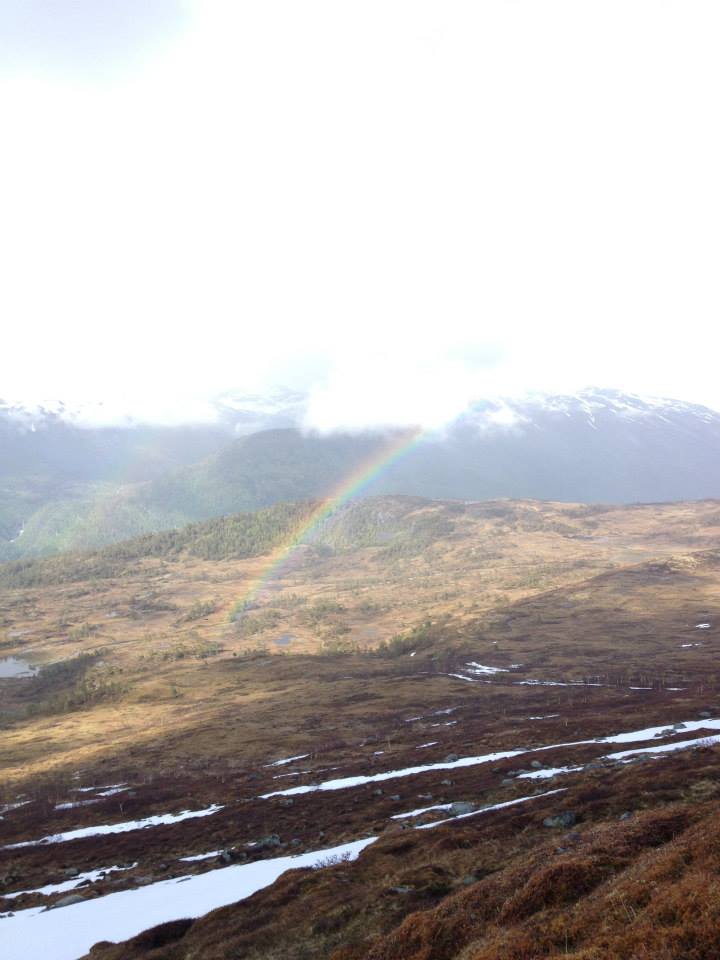
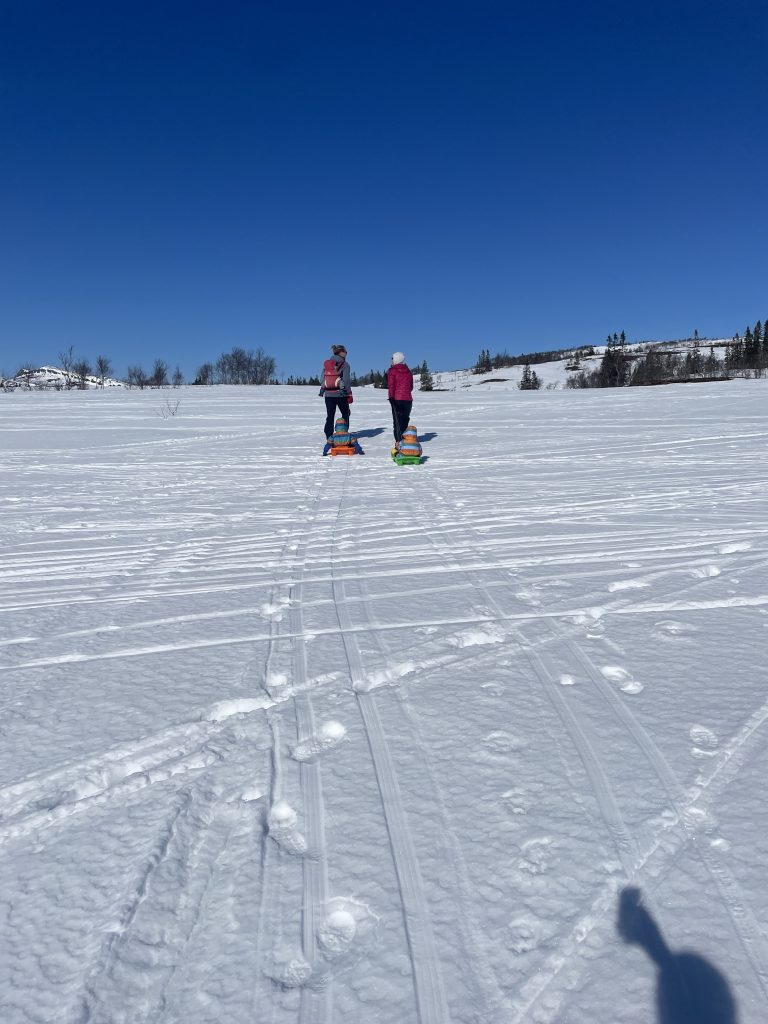
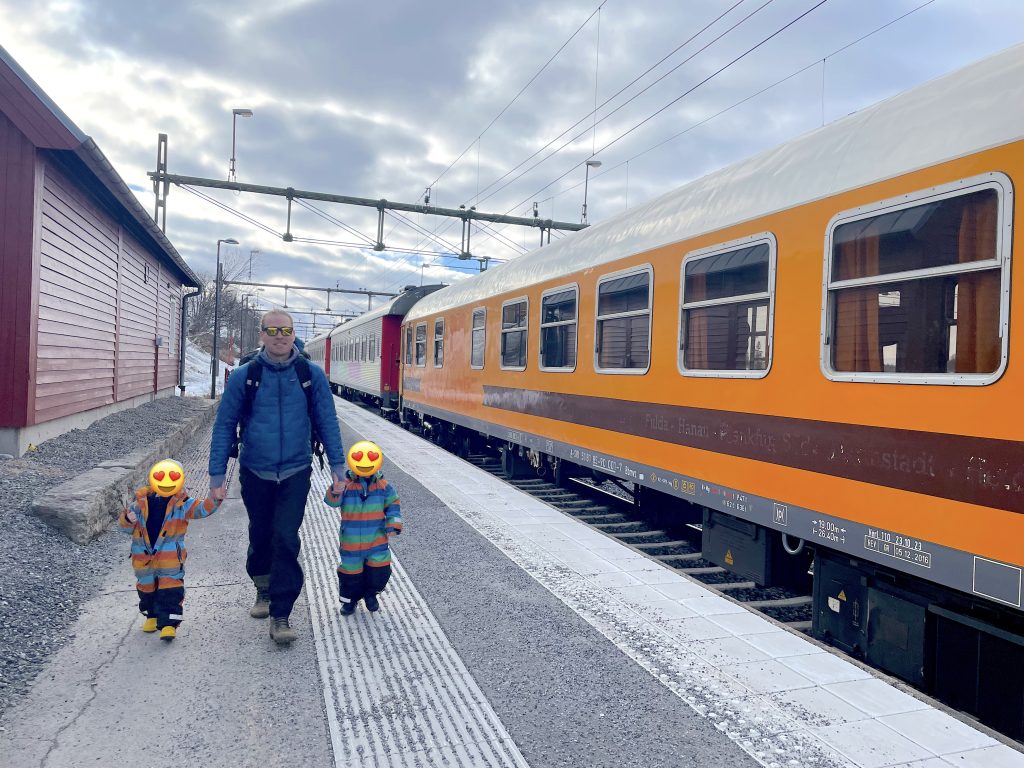
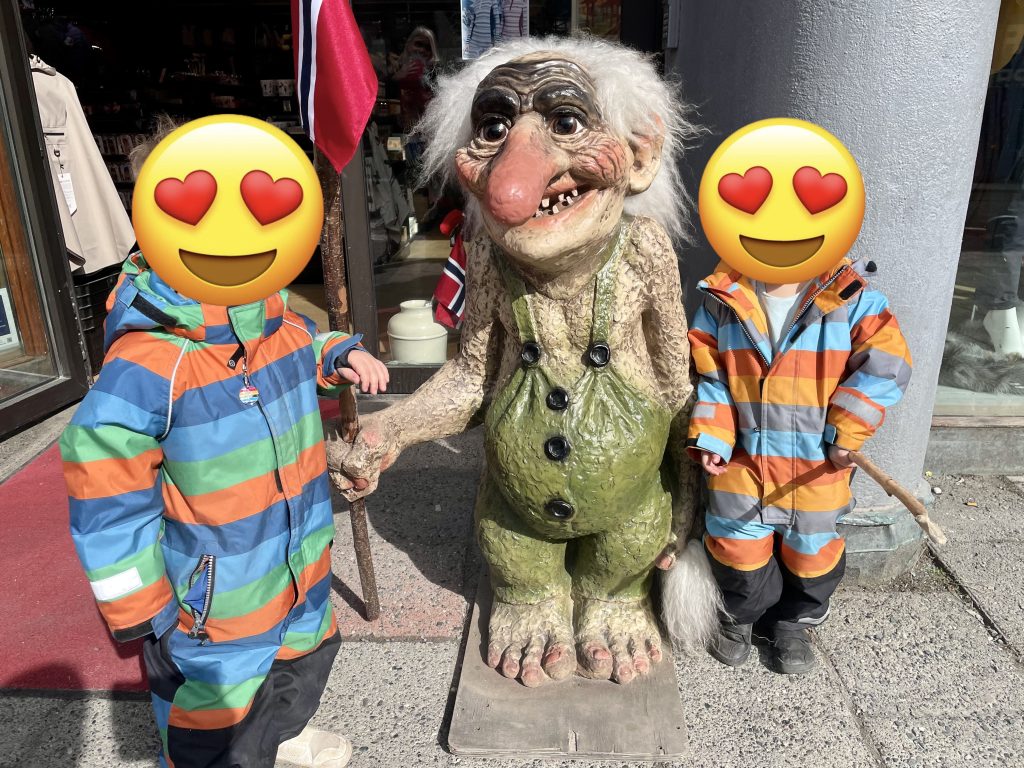
Role models and sustainable structures
I haven’t experienced any negative effects on my career as a result of choosing not to fly in academia. But when I think about it, it has shaped my career in some ways. Soon after my PhD, I was invited to join an interesting project with a group of international researchers. As a young researcher, it’s easy to feel that you have to say yes to everything. But when we got the money and the group started planning a kick-off in Panama, I had second thoughts. I pulled out of the project, not only because of the air travel, but it did feel good to send everyone an email saying I would not be flying to Panama!
I’m in a lucky position right now, at a point in my career where it’s time to be experimental. I currently have more research funding than time, the freedom to travel as I please, and minimal teaching commitments. It’s crucial that researchers with permanent positions act as role models. We can’t put more pressure on PhD students to risk their careers, it’s the more senior researchers who can set the example. But we also need to support new researchers in a way that’s sustainable, that makes slow travel a natural part of an academic career. We need bigger travel budgets, and more time making it easy to take a comfortable train and be able to afford a hotel room near the train station. Inspiration is more likely to strike when we aren’t stressed, so slow travel might even synergize creative research. We need to have both role models and a structure in place to help us make sustainable choices and set the scene for abundant academic internationalization without flying.
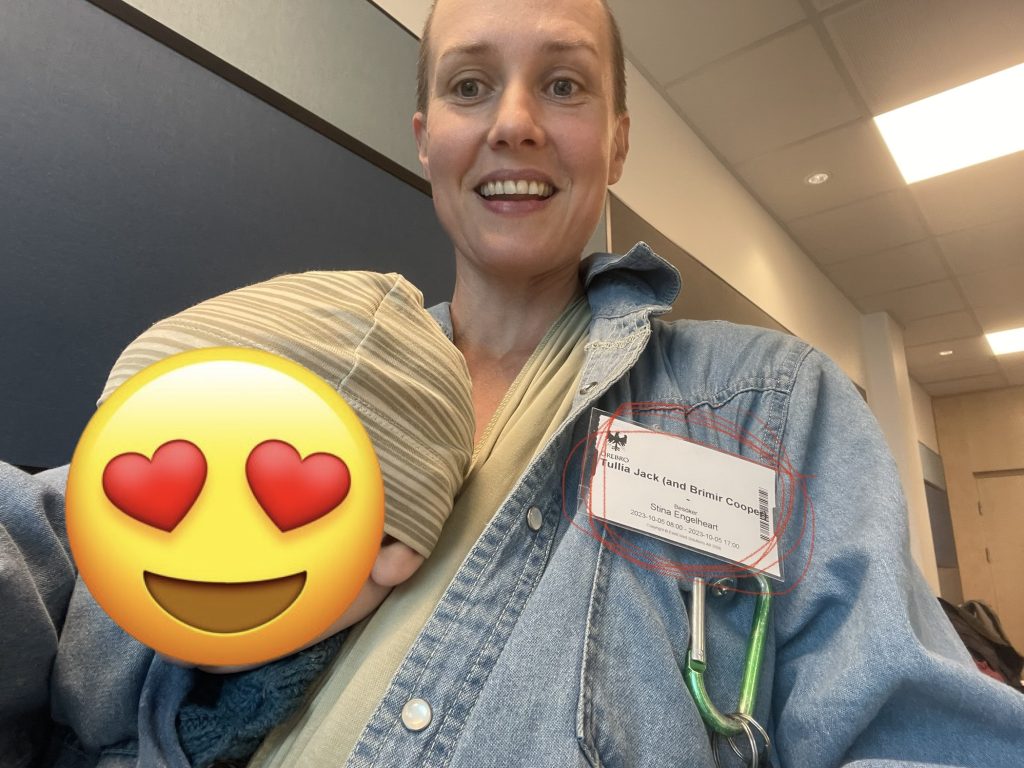
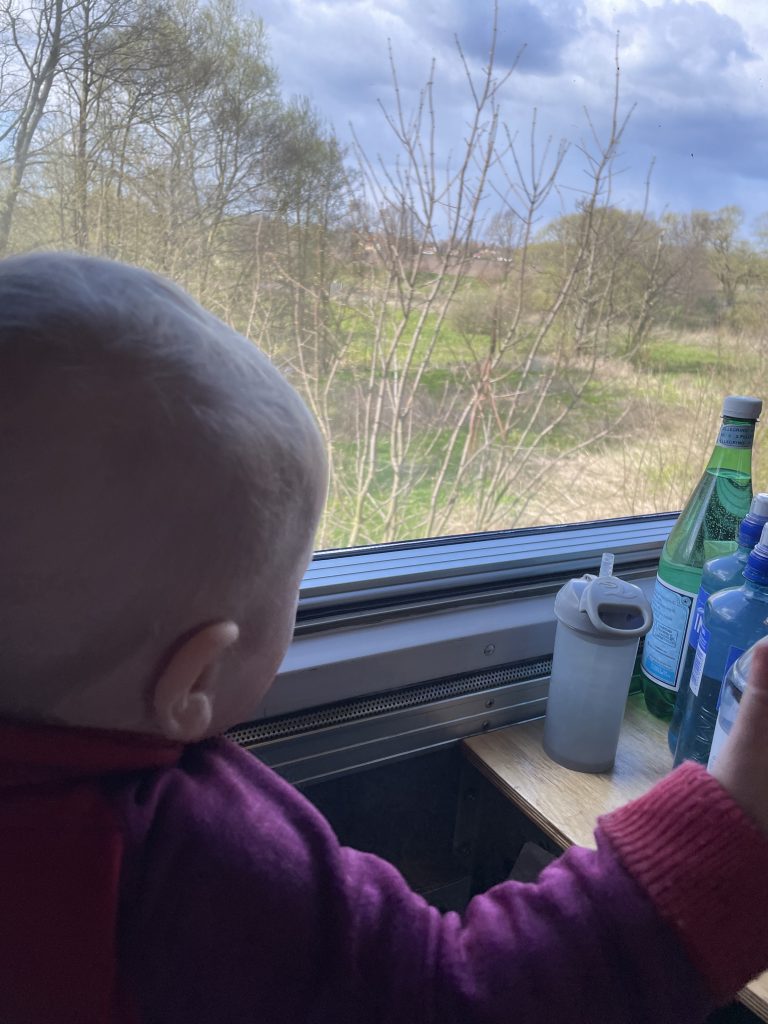
Photographers: Tullia Jack, Marion Cooper and Nico Cooper

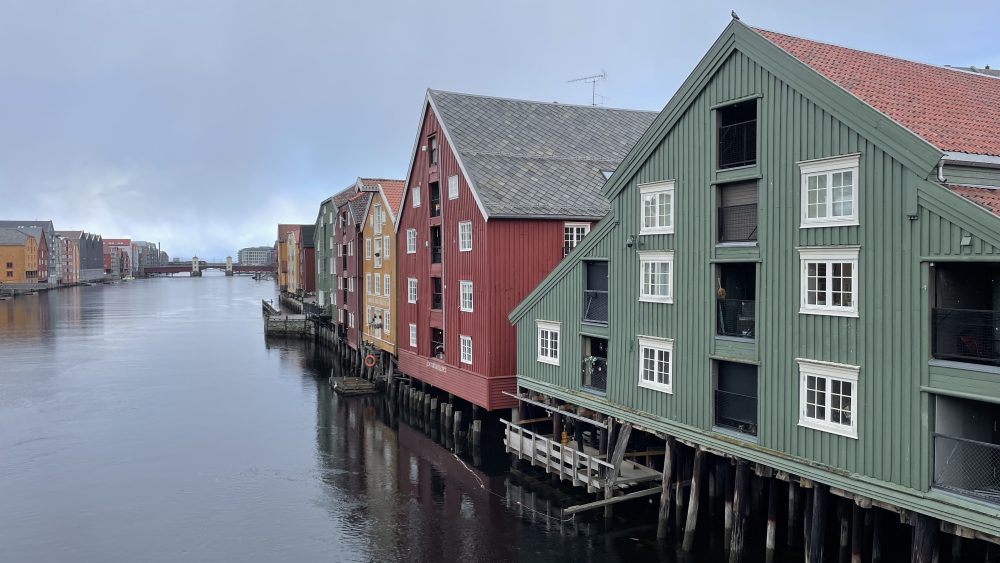
Nicholas
Great article!
Marion
It’s great to see that universities are becoming inclusive environments, welcoming those with family responsibilities.
CJ
Great article – so important to include family as part of a career.
Abi Stone
Fabulous article Tullia.
👋🏻 to you & your gorgeous growing family